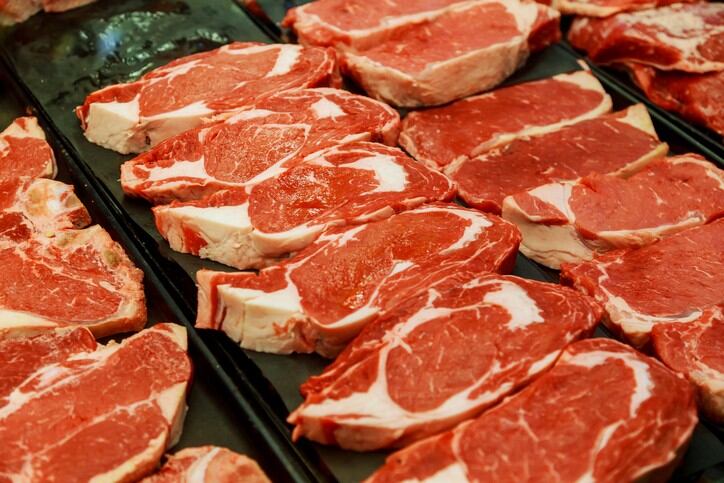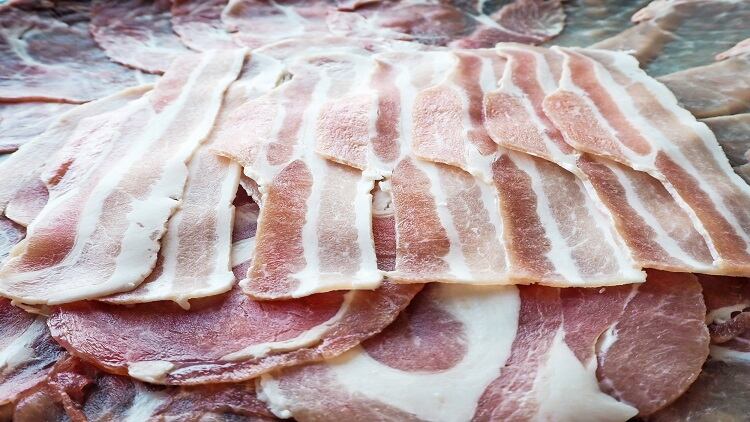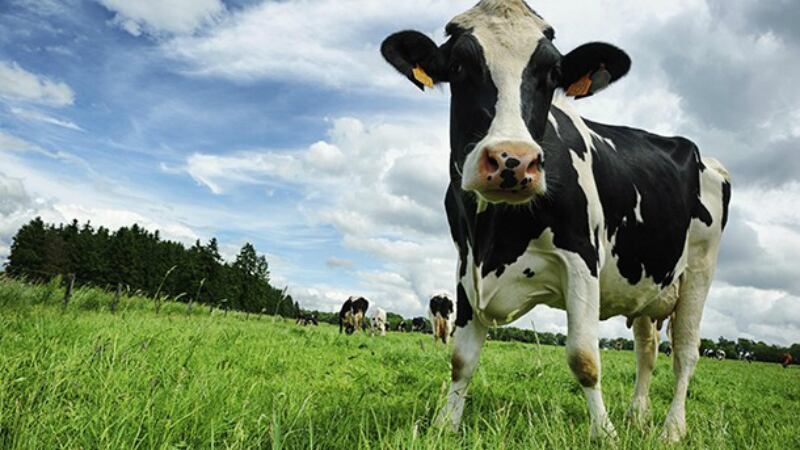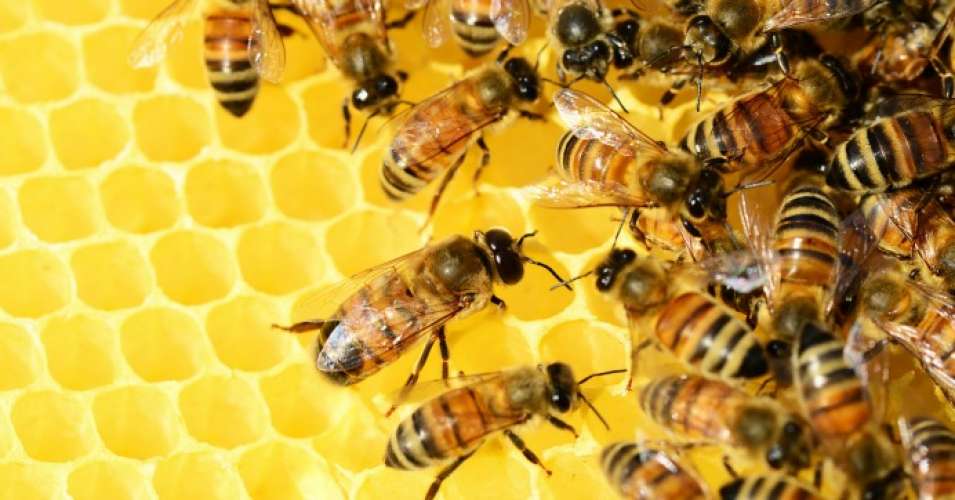That’s according to Australian research, which finds that people who saw themselves as having a lower socioeconomic status eat more meat because they identify it with strength and status.
Looking to understand better the psychological driver of meat consumption, marketing psychology researchers from Monash and UTS Business Schools published their findings in the journal Appetite recently.
Using a range of experiments, they were able to show that it was desire for status that drove preference for meat, rather than other variables such as hunger or perceived nutritional benefits.
“There is a symbolic association between eating meat and strength, power and masculinity. It is traditionally a high-status food, brought out for guests or as the centrepiece of festive occasions, so we wanted to better understand this link to status,” said Natalina Zlatevska, one of the authors.
One experiment involved a “beast burger” that was described as either meat-based or vegetarian, but with the same nutritional profile and packaging. There was increased desire for the meat-based product only among those who rated themselves lower in socio-economic status.
Attitudes towards meat eating, and ways to shift consumption, are of interest to consumer psychologists, the meat industry, and advocates of reduced meat consumption for health, environmental or animal welfare reasons.
The study’s researchers suggest that nudging people to feel either higher or lower in socioeconomic status, through social comparison or marketing messages, for example, could influence levels of meat consumption.
Doctors and nutritionists generally advise individuals to eat less red meat, particularly processed meat such as sausage and salami, as the World Health Organisation has found a “strong link" between eating processed meat and cancer.
“Our research reveals that while eating meat appears to confer feelings of power and status, this may have health implications for those who see themselves as lower on the socio-economic ladder,” said Dr Eugene Chan, the study’s lead author.
The study lends support to research from the UK and France, which has shown blue-collar workers and lower-earning households consume more red and processed meat than higher income households.
It also aligns with an American study from 10 years ago, which found that people who felt they could exercise comparatively little power in their communities often compensated by buying products that symbolised high status.
The researchers say their work may help to explain why other studies have found that people in lower socio-economic strata tend to consume more meat, and especially processed meat. It may also be of value to doctors and health educators attempting to explain the negative implications of high-meat diets.
“Socioeconomic status are basic qualities that label individuals in nearly all societies around the globe and so it is necessary to understand the impacts not just on welfare or other psychological outcomes but on one's decision-making and food preference beyond nutritional outcomes,” they conclude.
Australians consume around 92.5 kg of meat per person a year according to OECD data, significantly more than the global average. The number of Australians who describe their diet as vegetarian has been gradually increasing, however—currently around 11% of the population.




